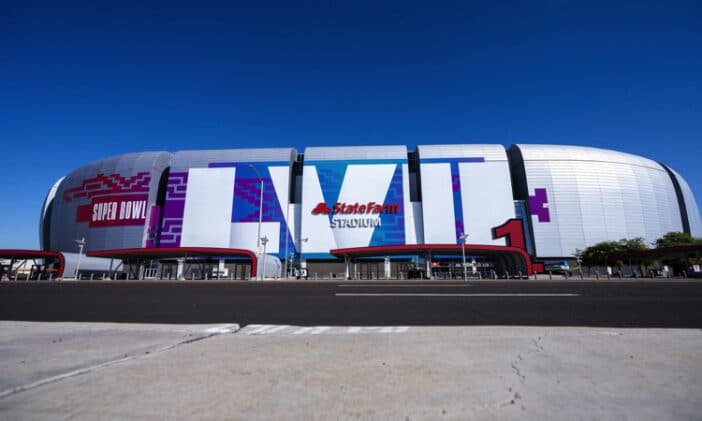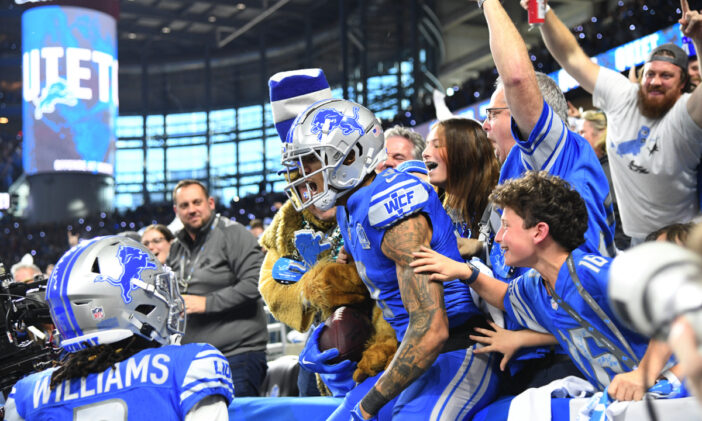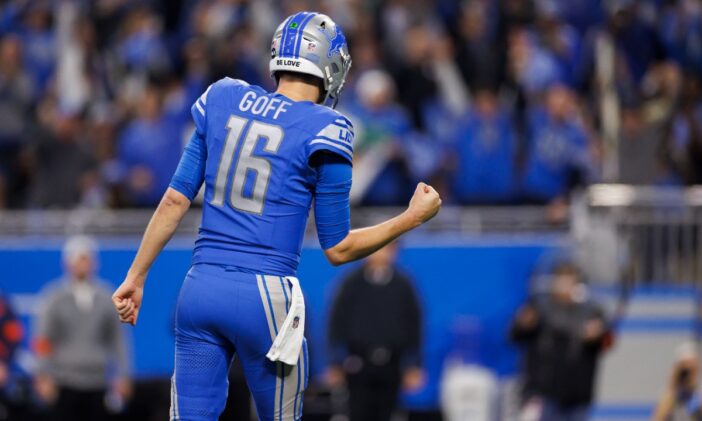The Michigan Gaming Control Board released a multi-point plan encouraging bettors to “play like a pro and have a plan” when it comes to responsible gambling for the upcoming Super Bowl on Feb. 12.
The Super Bowl is the largest single-game wagering event annually in the United States. Money bet on the NFL championship game again is expected to increase substantially given the popularity of sports wagering. the relentless advertising that comes from sportsbooks being official partners with the league, and from new states like Ohio launching since last February.
“Gambling should be entertainment, and it’s important to set limits before you place any wagers on the Super Bowl or any other sporting event,” said Henry Williams, Michigan Gaming Control Board executive director, in a statement. “Establish amount and time limits to help ensure you can have fun without gambling more than you can afford to lose.”
The MGCB, which put forward responsible gaming tips recommended by the International Center for Responsible Gaming (ICRG), did not release handle and revenue figures for Super Bowl wagering in the state in 2021 and 2022, though Michigan’s handle last year was estimated to exceed $30 million. The American Gaming Association estimated more than $7.6 billion was wagered overall in legal and illegal markets last year for Super Bowl LVI.
Sports wagering operators normally put together a wide array of promotional offers in the time between the conference championships and the Super Bowl to attract new bettors and retain the loyalty of existing ones, including “risk-free bets,” “free bets,” and matches for bettor deposits.
Key tenets of responsible Super Bowl wagering
The MGCB cited the ICRG’s seven bullet points in its release to “play like a pro,” which included warning bettors about the danger of chasing losses and encouraging them to pre-set loss limits. It also stated there is no need to wager on the Super Bowl to enjoy the game, and it’s not a requirement to place a bet to have fun with friends.
Additionally, the MGCB highlighted the dangers of wagering in what it called “high-risk” situations, which includes making wagers while under duress and when an excess of alcohol might create impulsive wagers. It offered a reminder that bettors can voluntarily set their own limits on digital deposits, wagers, and the amount of time spent on the websites of all 15 online operators in Michigan.
Lastly, the MGCB pointed out the agency offers bettors self-exclusion options. Bettors can exclude themselves from online wagering through the state agency’s Responsible Gaming Database, as well as from Detroit’s three casinos via the Disassociated Persons List.
The MGCB also has a link to a quiz offered by the state’s Department of Health and Human Services that can help identify persons who may have a gambling disorder. The ICRG estimates that 2-3% of the U.S. population has a gambling problem.
Photo: Antranik Tavitian/USA TODAY





